Subscribe for Newsletter
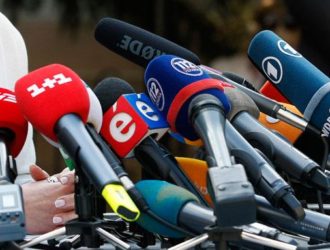
Introduction Historically, Ukraine and Russia have been close neighbouring states. Moreover, for the largest part of their histories, Ukraine has been dominated by Russia and its predecessors. Ukrainian attempts to withdraw from the sphere of Russian influence have been rejected by Russia. Furthermore, during the period of its greatest domination, Russia attempted to control Ukraine […]

Introduction Slovakia is a landlocked Central European country that got its independence after the peaceful dissolution of Czechoslovakia in 1993. Since then, despite being under communist rule and a member of the Eastern Bloc for more than four decades until 1989, the country has reversed its political course completely by becoming a democracy, a member […]
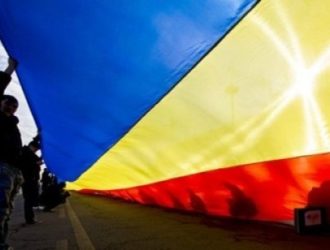
Introduction Against the current geopolitical backdrop marked by heightened tensions between the Euro-Atlantic community and Russia, both Romania and Russia have been looking at each other with suspicion. Romania’s participation in the EU and NATO has meant aligning Bucharest’s foreign policy options with its Western partners, which often collides with Russia’s interests in the region. […]
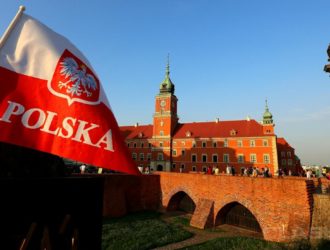
Introduction Poland’s foreign policy and the political discourse after 1989 was built upon two fundamental goals: European and Atlantic integration (in the EU and NATO) and support for the independence and democratisation of its post-Soviet neighbours (Belarus, Lithuania, and Ukraine). The tensions between Poland and Russia in the 1990s were mostly based on Russia strongly […]
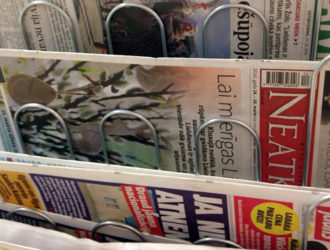
Introduction The Republic of Moldova declared its independence from the USSR on August 27, 1991. However, Russian forces have remained on Moldovan territory east of the Dniester River supporting the breakaway region of Transnistria, composed of a Slavic majority population (mostly Ukrainians and Russians), but with a sizable ethnic Moldovan minority. According to the 1989 […]

Introduction Lithuania was the first Soviet republic to declare the re-establishment of its independence on March 11, 1990. Sometimes Russian media refer to this fact, claiming that Lithuania (and the other Baltic States) ‘destroyed the Soviet Union’. The national diasporas in Lithuania are quite small. Unlike in Latvia and Estonia, Russians (5.8%, or 176 900 […]
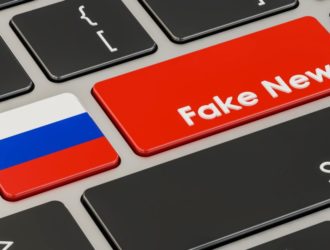
Introduction Historically, the presence of Russian culture in Hungary was strengthened by the state during the years of communism. Russian was introduced as an obligatory foreign language, and politically acceptable pieces of Russian literature were widely read. Youth exchange and other forms of day-to-day cooperation existed for four decades. At the same time, Russian cultural […]
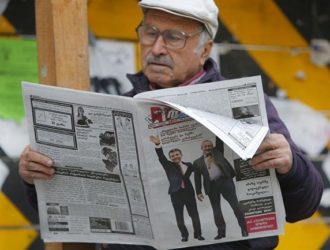
Introduction After the collapse of the Soviet Union and the proclamation of independence by Georgia, the Kremlin continued to actively meddle with the domestic politics of the country. Russia supported separatist forces in the regions of Abkhazia and South Ossetia. In 2008, Russia undertook military intervention on the territory of Georgia, followed by war with Georgia. […]
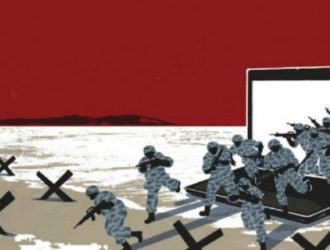
Introduction Estonia has been in the orbit of Russia’s strategic interests for many years and for many complex historical reasons. As a result, Estonia has experienced various types of influence activities on different scales. Since regaining independence in 1991, Russia’s so-called ‘soft power’ in Estonia is both traceable and observable in several domains, such as the […]
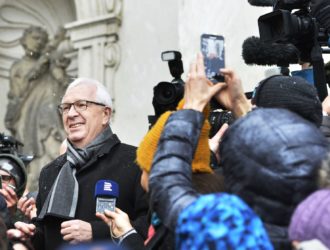
Introduction After the fall of the communist regime in 1989, Czechoslovak officials started the process of orienting the country’s foreign policy towards the West. The stress was on building good relations with neighbouring countries, those in the EU and NATO. On January 1, 1993, the federation split, and the Czech Republic was established. During the […]

Introduction Belarus gained independence in 1991 after the dissolution of the Soviet Union. The Nations in Transit 2017 report defines the political regime in Belarus as consolidated authoritarianism. The president of the country, Alexander Lukashenka, has ruled since 1994. Belarus is heavily dependent on Russia economically, politically, militarily, culturally, and ideologically. However, a well-functioning bureaucracy, the […]
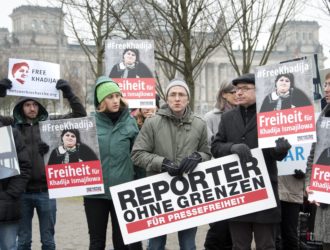
Introduction The geopolitical location of Azerbaijan, the only route for the Caspian oil and gas resources to reach the world markets avoiding both Russia and Iran, makes it an alluring destination for Kremlin-inspired propaganda. This is because the Kremlin tries to monopolise all energy and transit routes to and from Europe, hence making it essential […]


